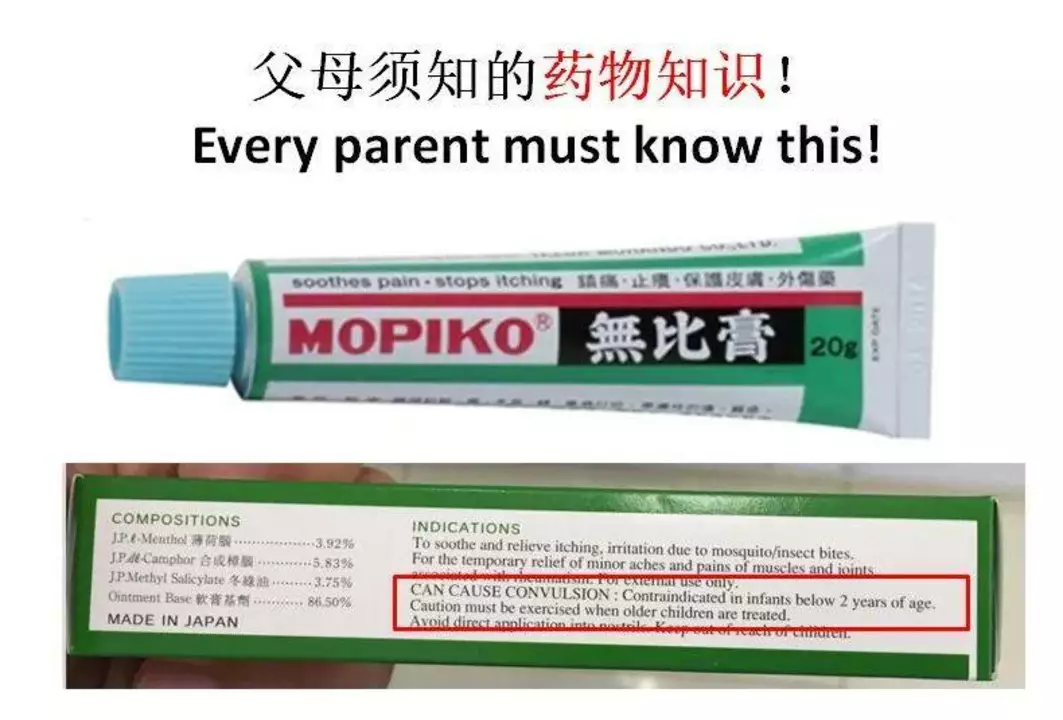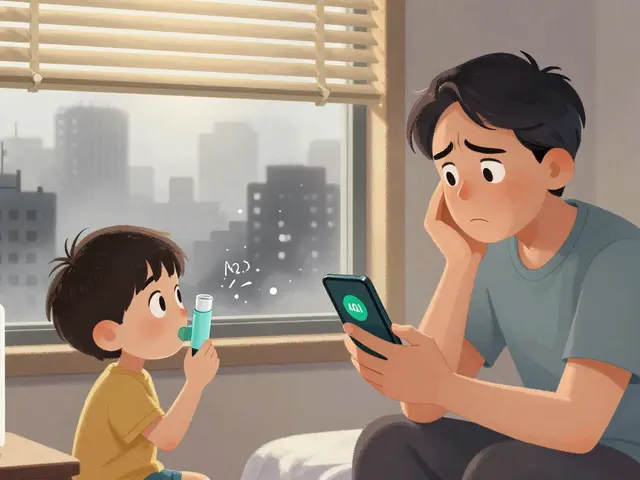Insect Bites – Fast Relief and Prevention Tips
If you’ve ever swatted at a mosquito or scratched a flea bite, you know how annoying the itching can be. The good news is most bites are harmless and easy to treat at home. Below you’ll find clear steps to calm the skin, spot warning signs, and keep bugs away.
What Happens When an Insect Bites You?
When a bug pierces the skin it injects saliva or venom. Your body sees this as a foreign invader and releases histamine, which makes the area red, swollen, and itchy. The size of the reaction depends on the insect type and how sensitive you are.
Quick Ways to Stop the Itch
First, wash the bite with mild soap and cool water. This removes any leftover saliva that could keep the irritation going. Then try one of these at‑home tricks:
- Cold compress: Hold a clean cloth soaked in cold water for 10 minutes. The chill numbs the skin and reduces swelling.
- Baking soda paste: Mix a little water with baking soda, apply, and let it sit for 15 minutes before rinsing.
- Aloe vera gel: Fresh aloe cools the area and soothes redness.
If the bite is especially painful, an over‑the‑counter antihistamine cream or oral antihistamine can help. Follow the package directions and avoid using more than recommended.
When to Seek Medical Help
Most bites heal in a few days, but watch for these red flags:
- Rapid spreading of redness or swelling.
- Severe pain that doesn’t ease with OTC meds.
- Difficulty breathing, hives, or a sudden rash – signs of an allergic reaction.
- Fever, chills, or pus coming from the bite.
If any of these appear, call your doctor right away. Early treatment can prevent complications.
Preventing Future Bites
The best bite is the one that never happens. Here are simple habits to keep bugs at bay:
- Dress smart: Wear long sleeves and pants when you’re in wooded or grassy areas.
- Use repellent: Choose a product with DEET, picaridin, or oil of lemon eucalyptus. Apply it to exposed skin and clothing.
- Secure your home: Keep windows screened, use fans, and eliminate standing water where mosquitoes breed.
- Check pets: Fleas love animals, so give dogs and cats regular flea treatment.
Even a quick spray before heading outside can cut the number of bites you get.
Extra Tips for Specific Bugs
Mosquitoes: They bite more at dawn and dusk. Wearing light colors helps because dark clothes attract them.
Ticks: After a hike, run your hands over your skin and check hidden spots like behind knees. Prompt removal with tweezers reduces disease risk.
Bees and wasps: Stay calm if one lands on you—swatting can provoke a sting. If stung, remove the stinger quickly by scraping it out.
With these easy steps you can turn an itchy annoyance into a minor inconvenience. Keep the remedies handy, stay aware of your surroundings, and enjoy the outdoors without constant scratching.

The impact of insect bites on anal itching and irritation in children
In my latest blog post, I discussed the impact of insect bites on anal itching and irritation in children. It turns out these bites can cause significant discomfort, especially when kids scratch the affected area. While it's essential to keep the area clean and dry, applying over-the-counter remedies or seeking professional help may be necessary to alleviate the symptoms. As parents, it's crucial to educate our children about the importance of not scratching and to be vigilant in monitoring signs of infection. Prevention is the best course of action, so let's make sure to protect our little ones from these pesky insects!
Detail




